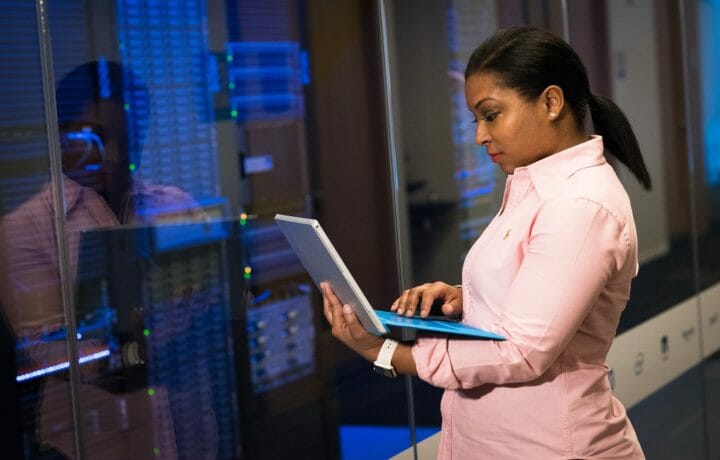What does a security clearance holder do? Clearance holders come from many walks of life and serve in many professions. They hold jobs across the country and across the world. But there are some things that all clearance holders have in common.
They’re around sensitive information:
All clearance holders have access to sensitive information. That doesn’t mean everyone is carrying around nuclear secrets or the latest foreign intelligence. If a job requires being near information that our adversaries want, it probably requires a security clearance.
They work for the federal government or a federal government contractor:
There are security-cleared nurses, engineers, project managers, carpenters, accountants – and pretty much any job you can think of. Clearance holders might be a software engineer who works on missile systems at a government contractor or an electrician in a government building that holds classified information. Whatever their profession, only employees of the U.S. Government or its private industry partners can gain a security clearance.
They’re in control of their personal lives:
The government vets security clearance holders to see if they can be trusted with sensitive information. Clearance holders need to follow the law. No one is perfect, but routinely failing to pay debts, substance abuse, or cheating on a spouse could put a person’s security clearance at risk. These issues could make them vulnerable to blackmail or be signs of questionable judgment. Clearance holders have to be extra-mindful of how Uncle Sam views their behavior.
They have a variety of job experiences:
Many people gain their security clearance while in the military. Some clearance holders get theirs through an internship with a government agency or contractor. Others may not get a clearance until many years into their careers. There’s no one path clearance holders have to follow; our nation needs people of all talents and backgrounds who are willing to serve.




